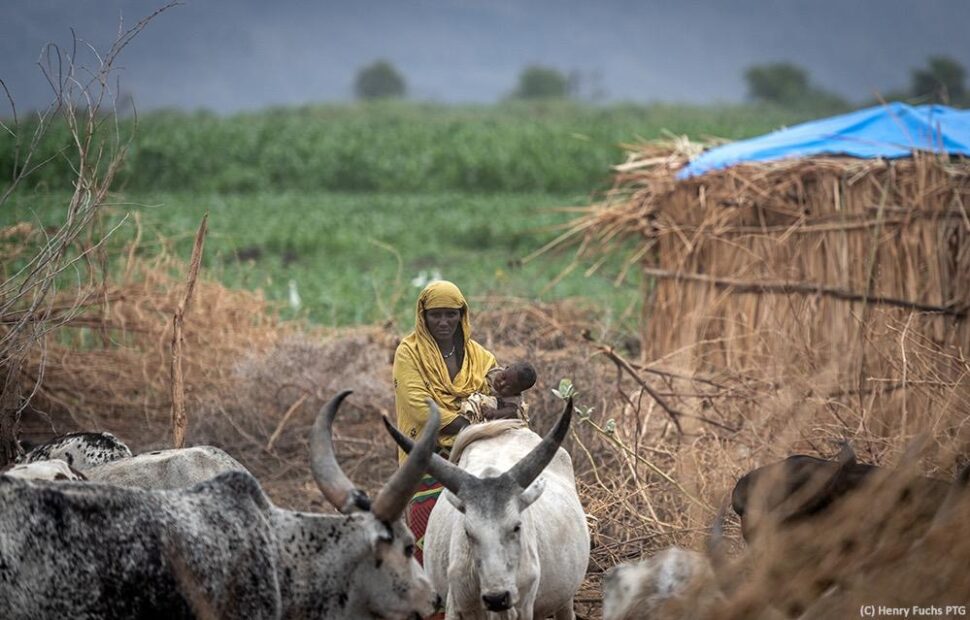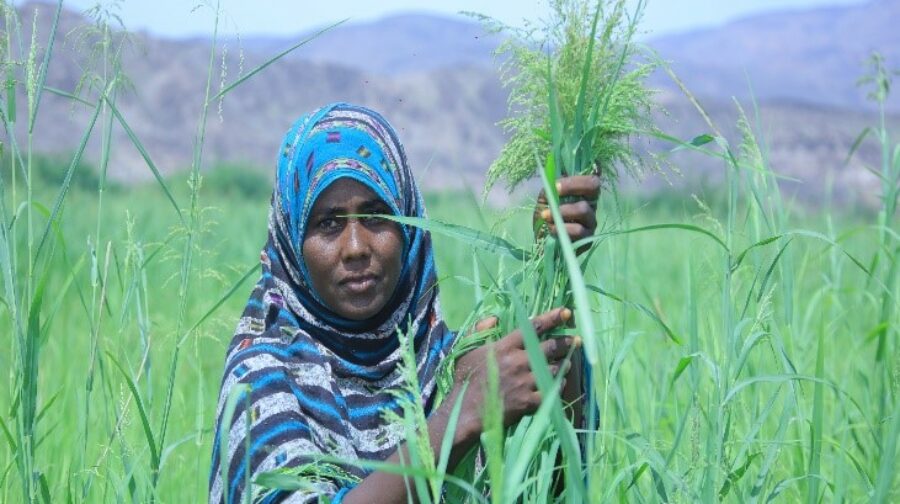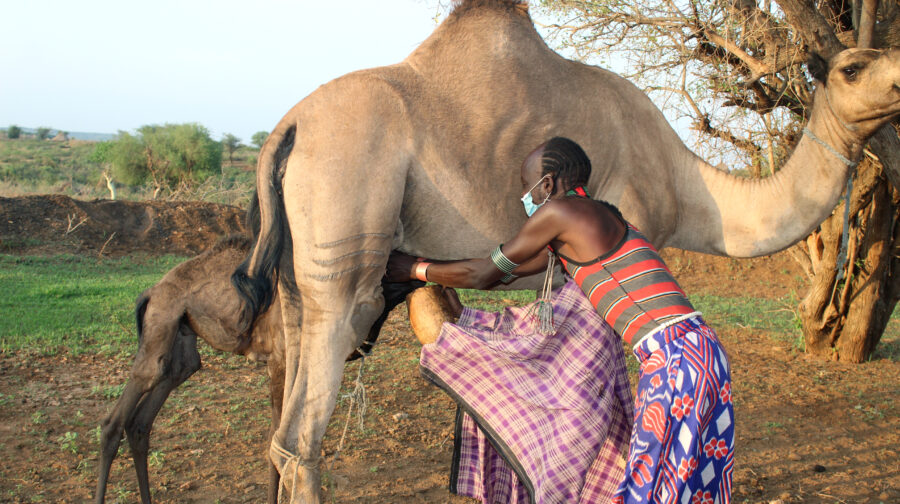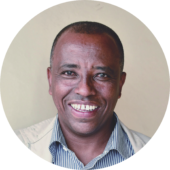Disaster Risk Reduction in the Afar Region
The overall outcome of the project contributed to increased resilience and reduced vulnerability of the selected communities in the three districts of Aysaita, Afambo, and Mille in Afar Region.

© Henry Fuchs
VSF Germany’s “Disaster risk reduction”- project in Aysaita, Afambo and Mille Woredas of Afar Region was financed by the European Union through the International Rescue Committee (IRC) as part of the RESET II Crisis Modifier fund for a period of 9 months from January 15 to September 30, 2020 with funding amounting to € 258,700. The proposed DRR response intervention aimed at protecting gains made by the EU RESET II project (i.e. protecting livelihoods) to the crisis which happened in the three RESET II target Woredas of Afar Region. The overall outcome of the project contributed to increased resilience and reduced vulnerability of the selected communities in the three districts of Aysaita, Afambo, and Mille in Afar Region. The project objectives contributed to enhanced capacities of the selected communities and stakeholders to effectively prepare to respond to disaster/shocks through the following four outputs.
- Output 1: Linkage and application of early warning information and community disaster contingency plans (CDCP) strengthened
- Output 2: Improved Community capacity for DRR through harmonized and improved access to services for livelihood resources and assets protection
- Output 3: DRR knowledge and practice mainstreamed through local institution community against the COVID-19 Pandemic
- Output 4: Strengthened livelihood diversification through supporting fishing activity around Tendaho Reservoir and Lake Gamari (Mille and Afambo Woredas)
The project reached 15,180 beneficiary HHs. A major achievement of the project included the linkage and application of early warning information and community disaster contingency plans, the strengthening and integration of local early warning system within the community disaster contingency plans, the strengthening and integration of local EW systems within the community and district through capacity building training and awareness creation on early warning and DRR concepts to 1,180 people. The project strengthened an existing irrigated livestock feed production (fodder bank) in Asayita for a dry season reserve and benefited 168 HHs.
Furthermore, logistics support was provided for livestock vaccination campaigns and a total of 154,317 animals in Asayita, Afambo and Mille Woredas were vaccinated. In addition, unconditional cash transfer was made accessible to 330 highly vulnerable community members (disabled, elders, child headed HHs, HHs with chronic illness) to address part of their basic needs during the initial lockdown connected to the COVID-19 pandemic. VSF Germany also supported and conducted awareness creation and hygiene promotion in 8,184 targeted communities on the COVID-19 pandemic, procured and distributed PPE materials/equipment (hygiene kit items) to 500 beneficiary HHs and supported flood affected cooperative (Hiyakelo fishing cooperative) members with fishing materials and other related fish produce transport services in Mille Woreda. Finally, a boat body made of metal was purchased for fishing purposes for the Ba’adande fishing cooperative established by RESET II Project and operational in Afambo Woreda.
Fatuma Adem: A female Pastoralist
“I am Fatuma Adem, resident of Hinnele Kebele of Aysaita Woreda, Afar Region. VSF-Germany supported our local kebele through RESET-II and DRRP projects and I am one of the beneficiaries who benefited from fodder production activity. I got practical experiences on feeding my cattle using a cut and carry system from the fodder bank supported by the project. As a female pastoralist, I learned that the importance of fodder production will help me save my animals during critical feed shortage and improve the productivity of my animals. Now, the number of cattle has increased from 6 to 10 and small ruminants from 21 to 50. Thanks to the projects, I am now able to send my two girls to school.”

Camel Redistribution
“Thank you VSF Germany and European Union for the support provided to me. Currently, my family is drinking camel milk which was never expected in the family. Three years ago, I lost more than 18 cattle and 50 goats due to drought. Just post drought impact, VSF Germany staff and government experts advised me to engage in camel targeting. I agreed with all the modalities and contributed 20% cost share Birr 3,000 (62.5 Euros) and received heifer camel. I learned that camels can survive in
drought condition. Up to now my camel gave birth and provide milk totaling to 8-10 liters of milk per day in the morning and evening. This is a better yield as compared to cattle which gives 2-3 litres per day. Now, my children are very happy drinking milk every day. My vision is to continue camel rearing and increase numbers as well as build my assets.”

Contact/Country Director
As an association’s chief livestock advisior, Genene Regassa has valuable experience and in-depth knowledge of pastoral livelihoods in Ethiopia.
Genene Regassa has been part of the team since 2011.
“I draw my motivation from the positive impact of VSF Gemany’s work on the lives of people weakened by difficult circumstances.
